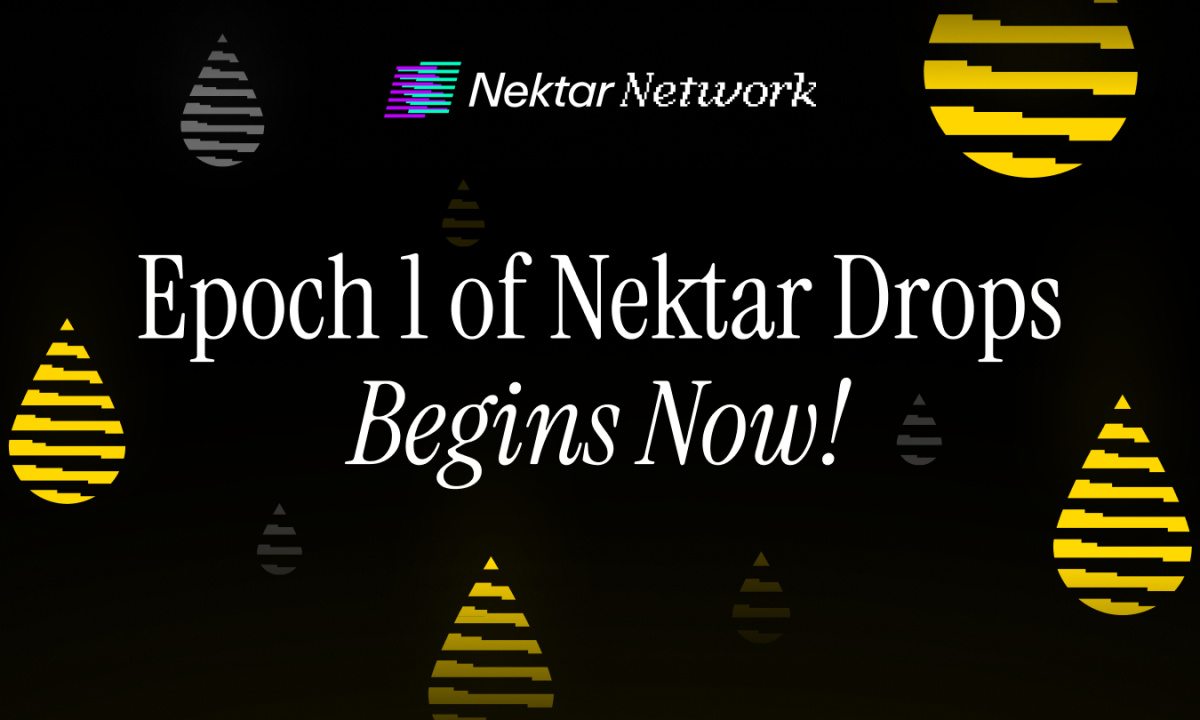MicroStrategy’s Michael Saylor is not worried about the crypto winter
MicroStrategy’s Michael Saylor is not worried about the crypto winter.
Although Bitcoin’s price is falling, Michael Saylor isn’t worried about “crypto winter.”
MicroStrategy’s CEO is as optimistic as ever, pointing out that:
“No one has ever lost money holding Bitcoin for four years.”
Michael Saylor – CEO of MicroStrategy
comments in a interview with Emily Chang at Bloomberg’s Studio 1.0 on January 20. The two cover a wide range of topics during the 20-minute interview, including the dot-come bubble, Saylor’s childhood and his love of sci-fi.
Saylor will buy more bitcoins
For crypto advocates, the high point of the interview was when Chang asked Saylor if he felt the chills of a possible crypto winter? Saylor made it clear to the host that he was in a long game and was determined to play HODL despite volatile prices.
“If you invest in bitcoin, the short time span is 4 years, the average time is 10 years. Judging the right time is true love. Warren Buffett said, “If you don’t hold it for 10 years, you shouldn’t hold it for 10 minutes.” Judging by a 4-year period, no one has ever lost money holding Bitcoin.”
While Saylor is still HODL, Chang stressed to the CEO exactly why BTC is currently facing a downturn. Here, Saylor identified a market friction point between Bitcoin, which he describes as “the world’s least risky asset for the next century” and the broader crypto market – “the world’s most volatile quick buck market.”
Saylor concludes:
“The two are connected and will always go together in 2022, for better or for worse.”
However, this wasn’t enough to stop Saylor from buying more.
“Yes, we will buy more,” he told Chang.
Are you worried about Michael?
In a series of key questions, Chang asked Saylor if owning so many bitcoins had ever made the CEO nervous.
Sailor replied:
“No, it makes me feel very comfortable. I honestly don’t think we could have done anything better to position our business in an inflationary environment than transitioning our balance sheet to Bitcoin. Because we essentially built our balance sheet on a non-government store of value, not a derivative.
Two years ago we had a lot of cash and that cash was losing about 10% of our purchasing power every year. Then, as Covid spread and the Fed made monetary policy more relevant to the scene, cash began losing 25% of its purchasing power per year.
I was extremely concerned in April-May 2020 when we had a K-shaped recovery and realized that cash is junk – things were going to get a lot more expensive and we needed a strategy. So we adopted the Bitcoin strategy, which is driving the stock up 5x. In my opinion, it saved the company from an unpleasant fate. I am completely satisfied with where I am today.”
A K-shaped recovery is an asymmetric financial recovery where some sectors return to growth while others remain in the doldrums. After the recent economic downturn, partly due to COVID-19 isolation strategies, many sectors of the economy, including technology and retail, have gradually recovered. Other sectors like tourism and hospitality are struggling to find their way back.
SEC has its own voice
While Saylor discussed the benefit of Bitcoin to MicroStrategy’s stock price, the SEC delayed MicroStrategy’s unconventional accounting methods.
For a time, MicroStrategy pushed for an update to American accounting standards, even going so far as to lobby the Financial Accounting Standards Board (FASB) in September 2021. More specifically, the company quote Issues of “lost costs” that “cannot be changed”.
“As a result, subsequent market rebounds for the digital asset are not reflected in the value of the digital asset reported on the Company’s balance sheet,” MicroStrategy’s objection reads.
Reports from CNBC and Bloomberg last week also confirm that the SEC has dismissed this argument. The SEC bluntly stated:
“We note the company’s response to the previous comment 5 and oppose the company’s adjustment of the bitcoin amortization fee in their existing non-GAAP metrics adjustment method. Please edit this customization to remove it for future recording.”
Following the news, MicroStrategy (MSTR) stock price slid rapidly and is now at $401, down 17.59% from last week. The rapid price drop shows that even if Saylor doesn’t feel the cold of the crypto winter, he can’t ignore the SEC if it decides to “turn up the heat.”
Join CoinCu Telegram to keep track of news: https://t.me/coincunews




















